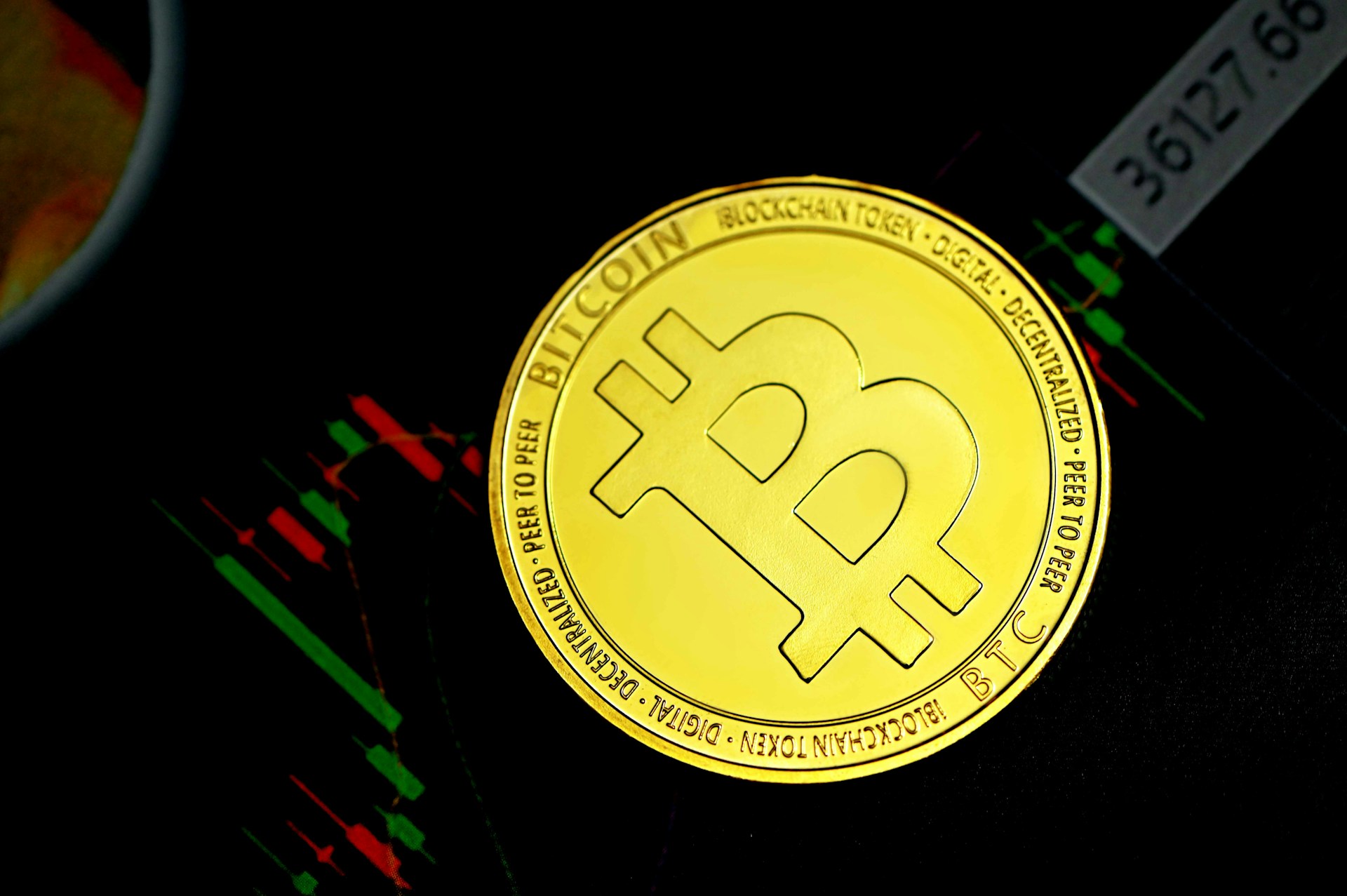ARTICLE AD
Dimon expressed his well-known skepticism about Bitcoin, highlighting its uncertain use cases and involvement in illegal activities.
In a recent appearance at the Australian Financial Review business summit, JPMorgan CEO Jamie Dimon shared his opinion on critical economic factors, providing a nuanced perspective on Bitcoin, interest rates, and the transformative role of artificial intelligence (AI).
Dimon’s comprehensive commentary offers valuable insights into the current state of the financial landscape and the potential trends of these influential factors.
Interest Rates and Economic Outlook
Dimon’s advice for the Federal Reserve and its approach would be not to cut interest rates yet, as the US economy is in a strong position. He suggested a delay until after June and emphasized the need to maintain credibility in the fight against inflation.
Dimon expressed concerns about a potential bubble forming in the market, attributing the recent surge in debt and equity markets to the significant effects of the monetary policy and stimulus during the pandemic. Despite acknowledging the economy’s strong performance, Dimon placed the odds of a recession at 65% and acknowledged the possibility of stagflation, citing geopolitical tensions as potential factors.
Bitcoin Skepticism and Defense of Individual Rights
Dimon voiced his well-known skepticism about Bitcoin, highlighting its uncertain use cases and involvement in illegal activities. However, in an unexpected turn, Dimon spoke about the individual’s choice to buy Bitcoin.
Drawing parallels between buying Bitcoin and personal freedoms, he stated:
“I don’t know what the Bitcoin itself is for, but I defend your right to smoke a cigarette, I’ll defend your right to buy a Bitcoin. I won’t personally ever buy a Bitcoin.”
This acknowledgment of individual choice may signal a change in Dimon’s critical stance on cryptocurrencies.
AI and JPMorgan’s Commitment
Dimon shed light on JPMorgan’s extensive commitment to AI technology, showing the bank’s dedication to innovation. With over 2,000 people actively working on 400 use cases for AI, Dimon mentioned the practical applications already used within the bank.
He differentiated AI advancements from past tech bubbles, emphasizing the tangible impact on various domains, including pharmaceutical research and cybersecurity.
Dimon’s overall market outlook struck a careful balance between caution and confidence. Highlighting the attractiveness of an open equity market and tightening spreads, he suggests watching out for potential shifts from fiscal spending, quantitative tightening, and geopolitical tensions.
This cautious approach is what JPMorgan’s strategy is known for. It involves edging against black swan events and advocating for a balanced approach to risk and reward.
As Bitcoin, interest rates, and AI shape have a huge influence on the future of finance, Dimon’s nuanced viewpoints give valuable insights to consider for everyone in the markets.

 9 months ago
52
9 months ago
52 

